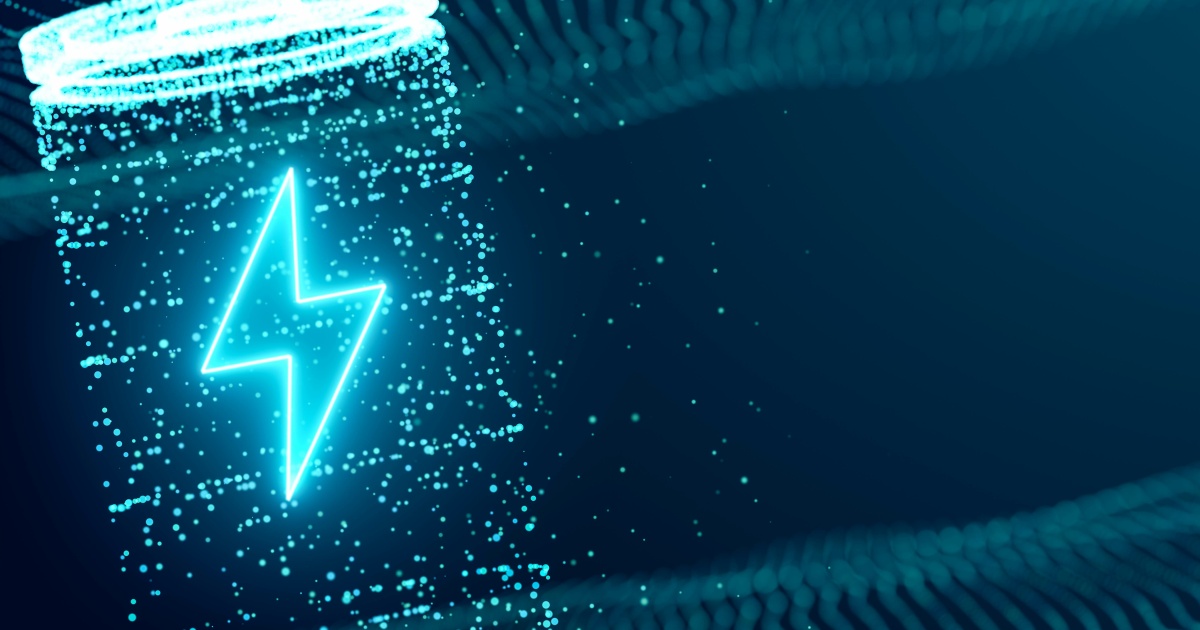
Let’s talk about lithium-ion batteries in electric vehicles, or EVs.
Lithium-ion batteries – the same power source that keeps our smartphones alive – are the heartbeat of EVs. These batteries offer several key advantages to EV drivers and manufacturers alike; these include how they’re more lightweight, they actually next to zero maintenance, they charge faster while boasting twice the life of your run-of-the-mill lead-acid batteries, and they can be recharged for overall reduced energy use.
That said, it’s not all sunshine and open roads for EVs’ lithium-ion batteries. There are some drawbacks; namely, they can be quite expensive to produce, since estimates of them costing three times more than their average battery counterparts aren’t totally out of the question. Also, despite their rechargeability, they can take quite a bit of time to do so fully, leading to what’s known as “range anxiety” for EV drivers, i.e. the fear of running out of juice before one’s destination is reached, thus leaving drivers stranded.
Lithium-ion batteries do still require inspection (even if the maintenance needs are cut down to almost zero) and, while strides are being made in their end-of-life processes, there’s still a significant environmental impact associated with proper disposal. Per a report from Lift Power, while 99% of traditional lead-acid batteries are recycled, only approximately 5% of lithium-ion batteries are.
The long story short? Researchers hustle to overcome these batteries’ challenges (though the pros are equally evident), but we’ve still got a long ways before the cons are rendered completely inconsequential.
According to the Argonne National Laboratory – an official U.S. Department of Energy multidisciplinary science and engineering research center – another threat to lithium-ion batteries is extremely cold weather. Many EV owners are worrying about just how effective they’ll be in such conditions, but a new battery chemistry may be solving this issue.
See, in current lithium-ion batteries, a considerable problem involves how, per Argonne National Laboratory, “the electrolyte is a liquid that begins to freeze at sub-zero temps, and this condition severely limits the effectiveness of charging EVs in consistently cold regions and seasons.”
To address this, Argonne developed a new fluorine-containing electrolyte specifically for sub-zero temps. In Argonne’s own words, this new anti-freeze electrolyte “shows promise of working for not only batteries in EVs, but in the energy storage for electric grids and even consumer electronics.” In testing with laboratory cells, the team’s fluorinated electrolyte retained stable energy storage capacity for 400 charge-discharge cycles at -4 degrees Fahrenheit. This was equivalent – even at sub-zero – to that of a cell with a conventional carbonate-based electrolyte at room temp, meaning it worked very well.
“Our research thus demonstrated,” said Zhengcheng “John” Zhang, a senior chemist and leading scientist in the field of energy storage for Argonne’s research in innovation of next-gen energy materials, “how to tailor the atomic structure of electrolyte solvents to design new electrolytes for sub-zero temperatures.”
With this antifreeze electrolyte, Argonne confidently hopes to make greater strides in the world of EVs in the coming months.
Edited by
Greg Tavarez